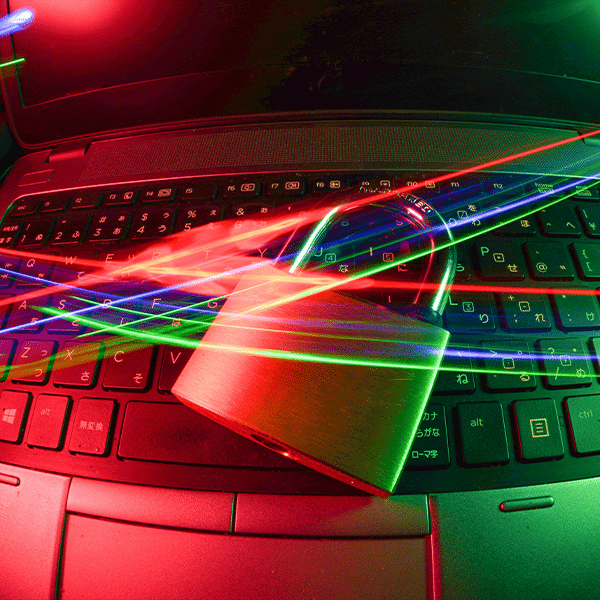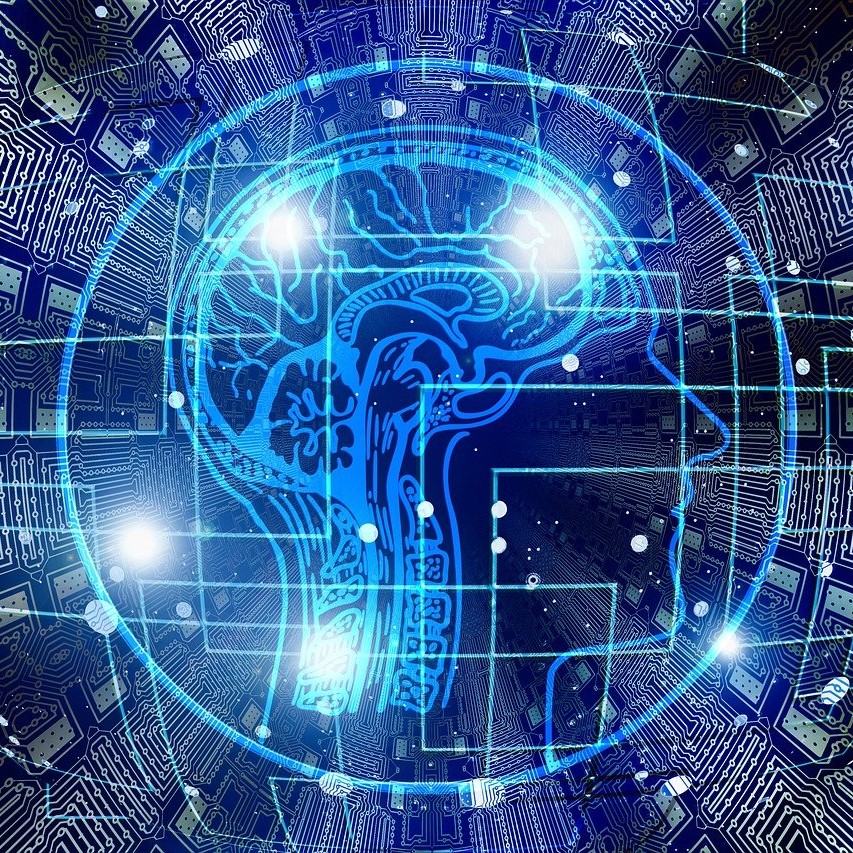Nokia says that the artificial intelligence (AI) capabilities it is adding to Altiplano Access Controller will augment existing smart analytics and digital twin capabilities and improve operations.
The capabilities, labeled “AIOps,” help in three ways, according to Nokia:
Detection of network anomalies: Identifying anomalies with high accuracy before services are impacted is essential to network reliability and customer satisfaction.
Improvement in network utilization: AI and digital twins help optimize network resources to enhance capacity planning and customer experiences.
Enabling better human assistance: AI assists personnel by simplifying incident management. This speeds up problem resolution and improves inventory accuracy.
“With AI and advanced network analytics, operators can gain deeper insights and make smarter decisions to ensure smooth operations,” Geert Heyninck, the Vice President of Broadband Networks for Nokia Fixed Networks, said in the announcement.
“By detecting issues faster and optimizing resources, we’re moving closer to fully autonomous networks. This shift empowers operators to enhance customer experiences while letting AI handle complex network management.”
Nokia says that the Altiplano Access Controller, which manages software-defined networks (SDNs), is used by more than 160 operators serving more than a million subscribers.
Earlier this month, Nokia announced products for both fiber and Wi-Fi 7 services. The Lightspan MF-8 offers 10/25/50 Gbps speeds, will support future 100G PON services, and links with the Altiplano system. The Beacon 19 is a mesh networking tri-band device that has a capacity of 19 Gbps.
Nokia and other vendors have an added reason to add to their capabilities: Tremendous amounts of money are pouring into telecommunication network deployment and upgrades from government and private sources.
Highest among them is the $42.45 billion Broadband Equity, Access, and Deployment (BEAD) program. That program has requirements, written into law by the Build America, Buy America (BABA) Act, mandating that most equipment be manufactured in the United States. It also requires vendors to self-certify compliance. In August, Nokia listed 21 products that it said achieved certification. Nokia said it was the first vendor to self-certify.



